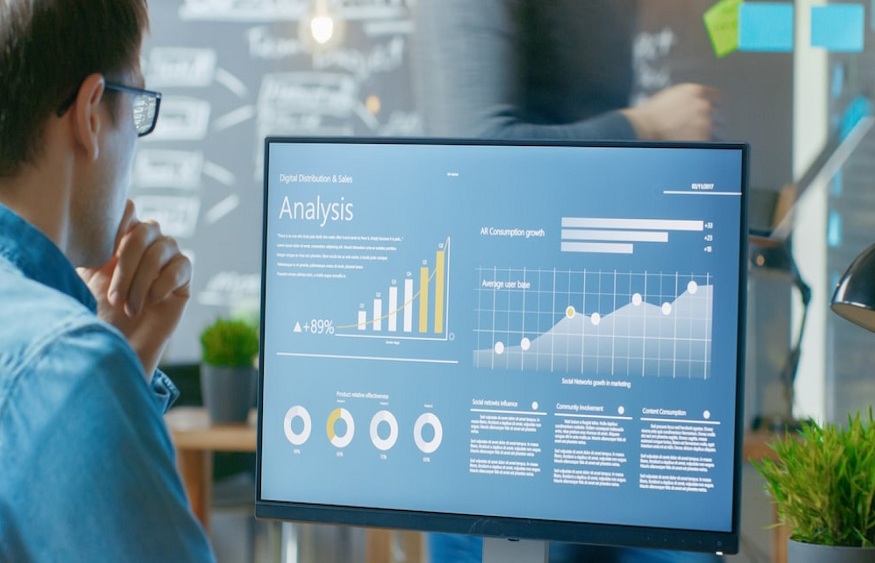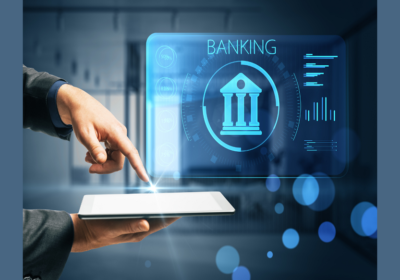
Importance of Monetization of Data in Business Analytics
Numerous businesses have recognized novel and unconventional uses for the daily growth in the volume of streaming and processed data, including data monetization. The monetization of data is the process of leveraging company-generated data to produce quantifiable financial value. This might involve disclosing data to other parties or using it privately to enhance operations or seize fresh chances for innovation.
Businesses that use the monetization of data are seeing advantages including cost savings, revenue growth, and the potential for new data-related services. There has never been a better moment for your organization to discover how to get a competitive edge via efficient data collection and analysis because the advantages of data monetization now surpass the initial time and money commitments.
This post will demystify data monetization, show how it may significantly improve business performance, and provide you with the knowledge you need to put data monetization methods into practice.
What Does Monetizing Data Mean?
The monetization of data is the process of leveraging company-generated data to produce quantifiable financial value. Businesses that monetize their data frequently reap benefits like higher income or decreased costs.
By sharing their data with third parties in a win-win situation, businesses may also leverage their data to create slightly less concrete advantages, like new alliances or better supplier terms.
Organizations may decide that their data is valuable enough to start providing data services to a significant number of other businesses. This trend was started by Facebook and Google, which used their free platforms to build vast data assets that they then sold all over the world.
The Need for Data Monetization
Organizations may increase their profits by making investments in their data-collecting processes. Effective data monetization techniques ensure that businesses maximize the value of their data both internally and externally. They may maximize prospects for the company, reduce internal expenses, and boost revenues by selling the data outside.
Creates Opportunities For New Clients
The worth of their data is being recognized by several organizations. They use the tapped and untapped markets, along with a significant data volume, to build new revenue sources.
Boosts Data Value
Social networking sites and IT behemoths compile all user-related activity. In other words, they gather a lot of information on their users, including things like their interests, purchasing habits, and income level. These characteristics improve internal data and increase the usefulness of the data they gather.
Broadly Disseminates Market Information
Businesses may learn about market trends, regional demand patterns, the effects of competition, and the expiration date of client data by using customer data. In six months, would the data still be valuable or will it be outdated and useless?
- Increases Corporate Productivity
- Data may increase production and reduce waste and unnecessary usage.
- Establishes a Competitive Advantage
Successful businesses use their knowledge of client preferences to the monetization of data. This gives businesses an edge in the market and enables them to offer goods or services that are extremely relevant to their clients.
Increasing Profitability
Fundamentally speaking, data is useful, but understanding gained from data creates value for an organization. It can support customer segmentation for improved targeting, demand forecasting, pricing optimization, and cost management, all of which contribute to total profitability. It boosts customer loyalty and improves the customer experience
Customer experience is enhanced by having an understanding of requirements and preferences of best embedded analytics software.. As a result, there is less customer turnover and the consumer is more likely to stick around.
Increase In Revenue Streams
The client database may be divided up according to gender, industry, interests, demographics, and a variety of other socioeconomic groupings thanks to data monetization.
By using these categories, company owners may send personalized messaging, improve the user experience, and boost sales.
Improves Partnerships
A data marketplace is where the buying and selling of data take to occur. Consumers can pick from whom they want to acquire data, and data owners have the right to determine data pricing. This enhances internal and external stakeholders’ ability to collaborate and share data.
Streamlines Planning And Decision-Making
The market for data separates audiences and provides the appropriate group of buyers for each type of data. Decision-makers may better understand their business, foresee market developments, and manage risk because of the breadth of knowledge it provides.
Identifies, reduces, and improves risk, as well as compliance with the best embedded analytics software.
In today’s environment, data is a crucial asset for every organization. However, it must be used for each person’s right to privacy. Data organization, lawful data acquisition, management, and protection are prerequisites for data monetization. A company must adhere to all laws and rules to sell its data.
Finding Evidence Of Debt Monetization Can Be Difficult
To assess the evidence for the monetization of debt, it is frequently used to compare variations between targeted and actual monetary aims with debt growth. However, such a comparison is practically challenging since the Fed does not set target rates for the expansion of money using best embedded analytics software..
Even throughout countercyclical monetary policy following the signing of the agreement, the Fed seldom ever concentrated on money aggregate objectives. Instead, interest rates are the primary intermediate policy aim. Given that the weights assigned to different monetary aggregates altered throughout time, when the emphasis was placed even more on the aggregates’ growth, it is difficult to discern if the Fed monetizes the debt.
Wrapping Up
The process of converting something that doesn’t bring in money into money is known as monetization. A company’s business plan for making a profit and guaranteeing sustainability must include monetization using best embedded analytics software. The Federal Reserve in the United States monetizes debt to prevent a potential financial disaster.


















